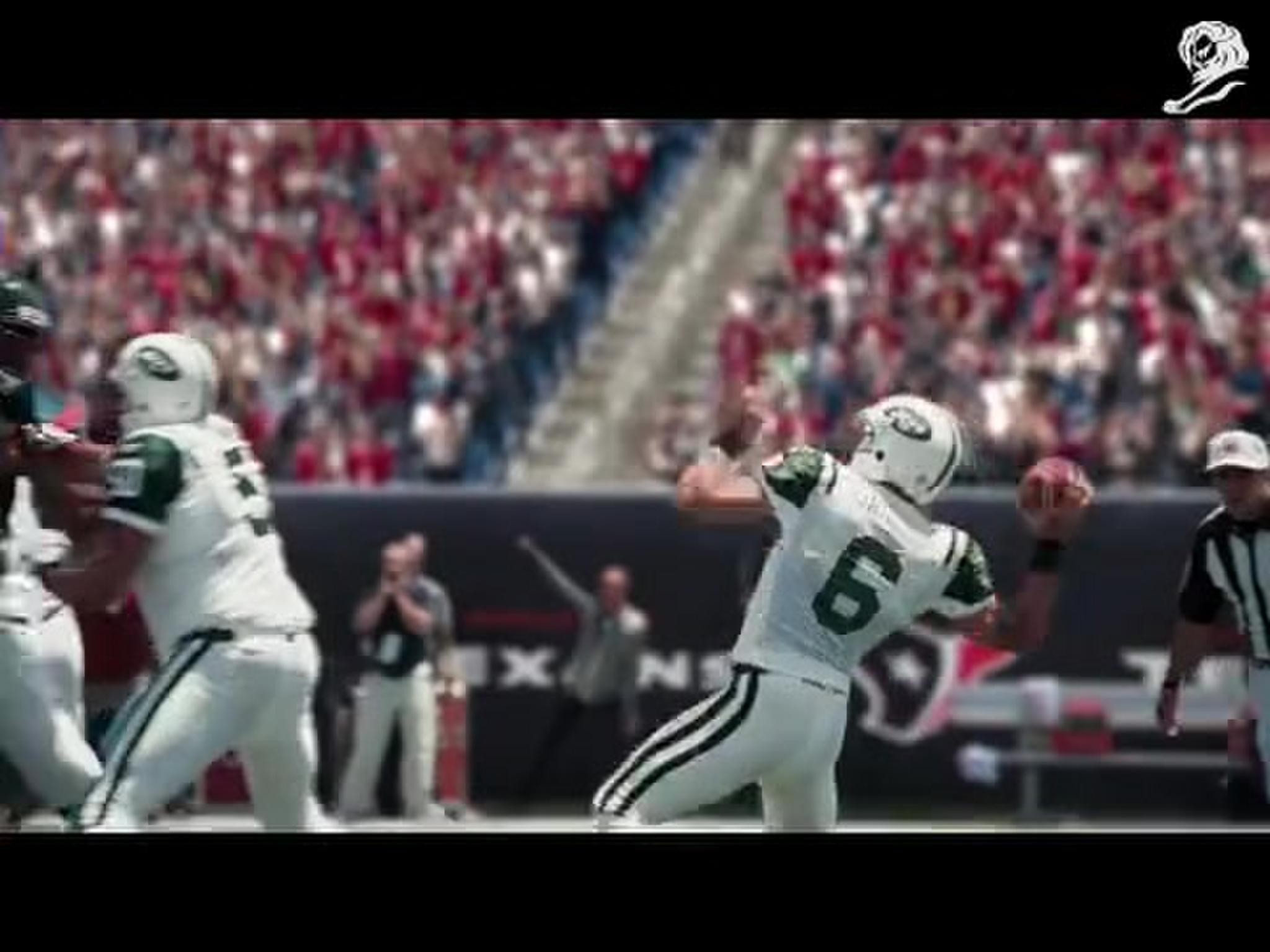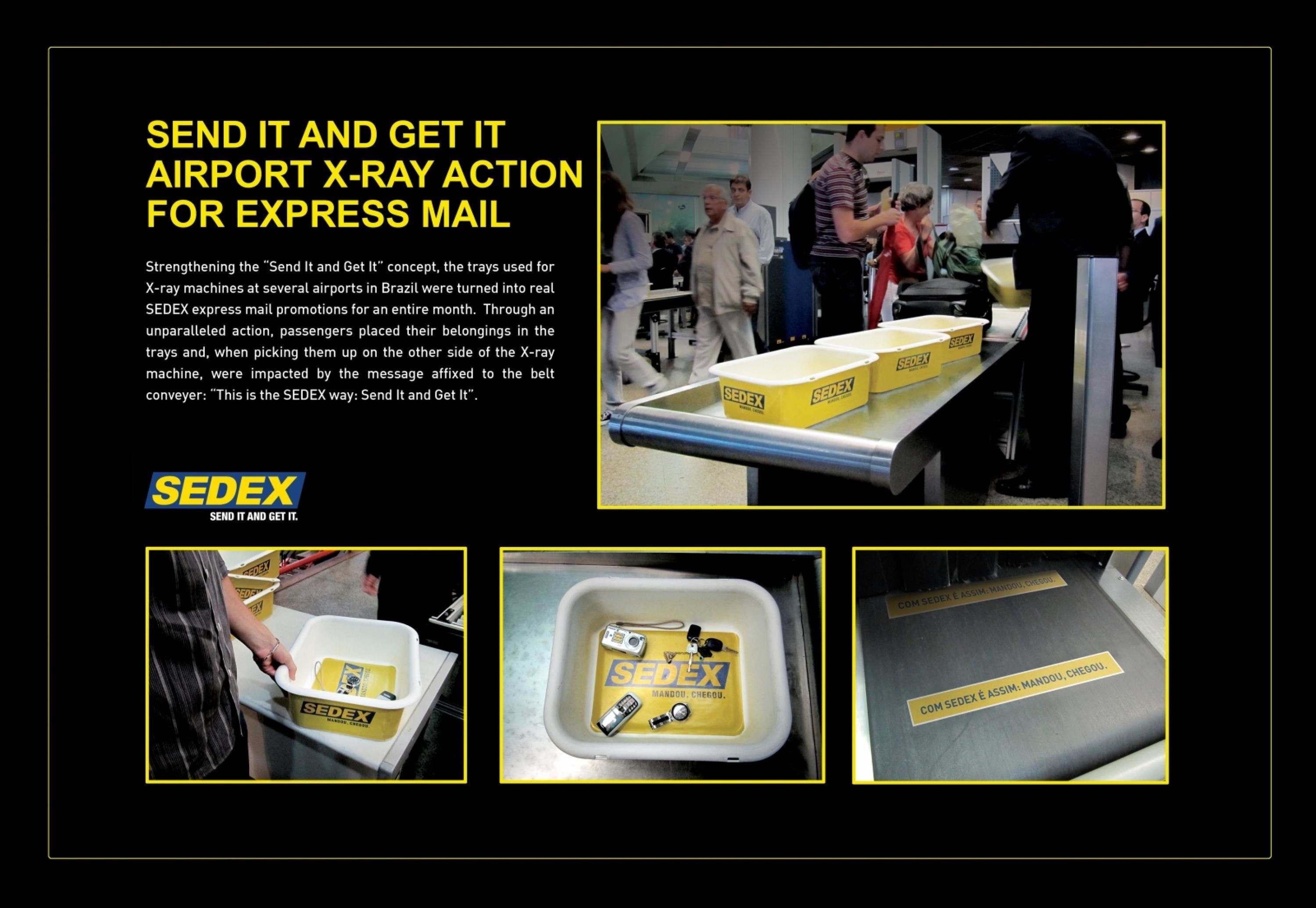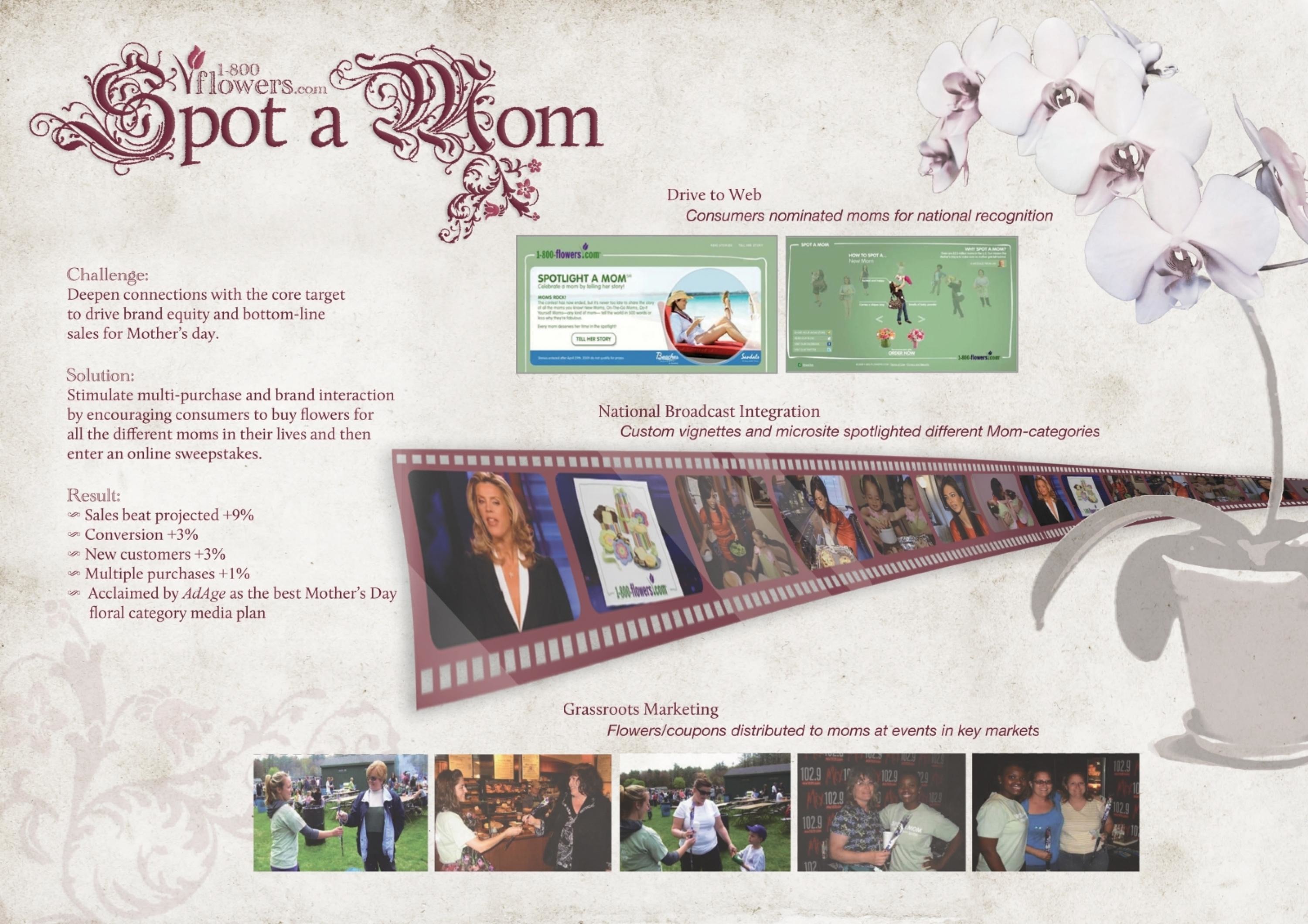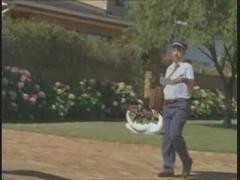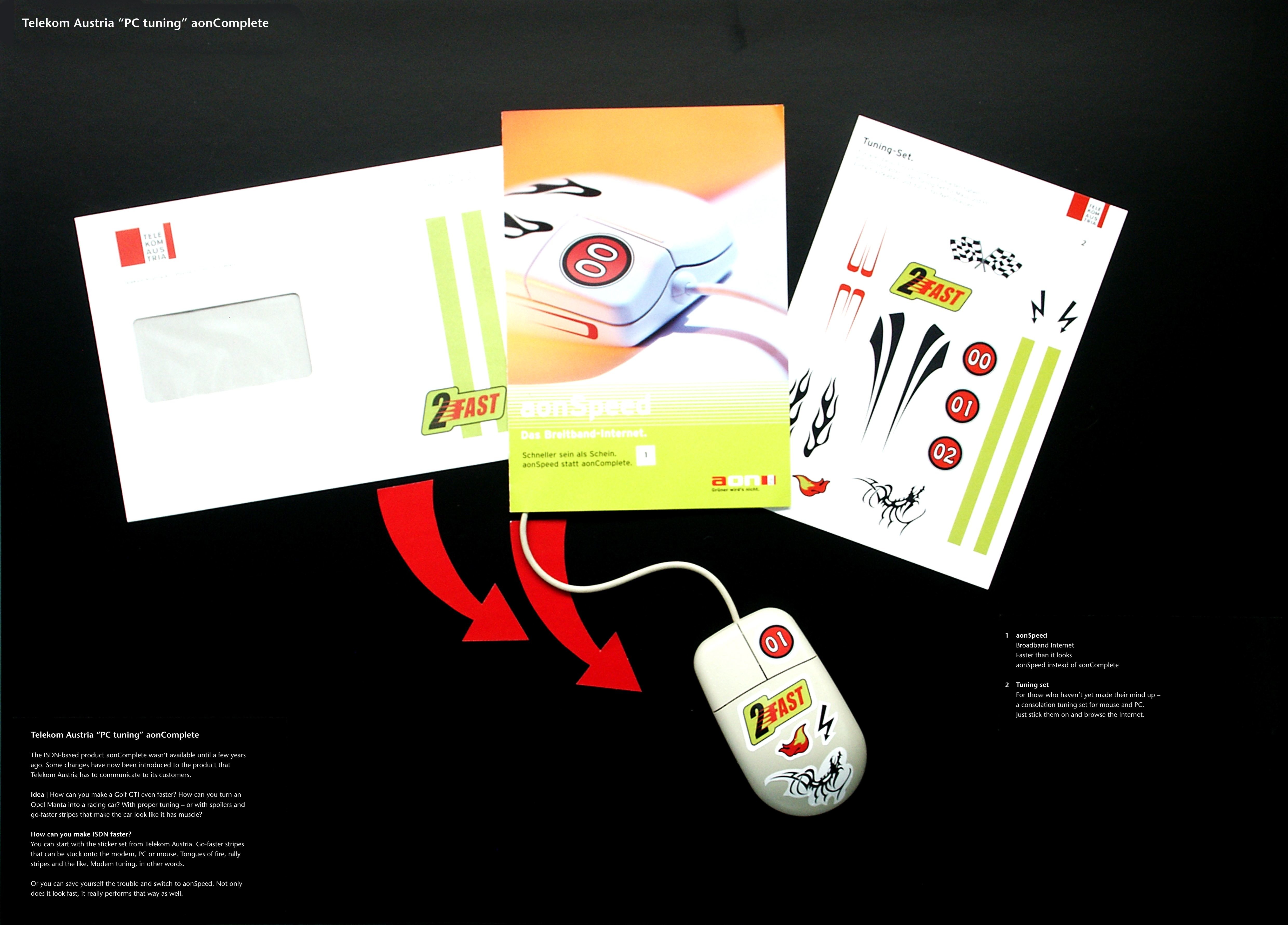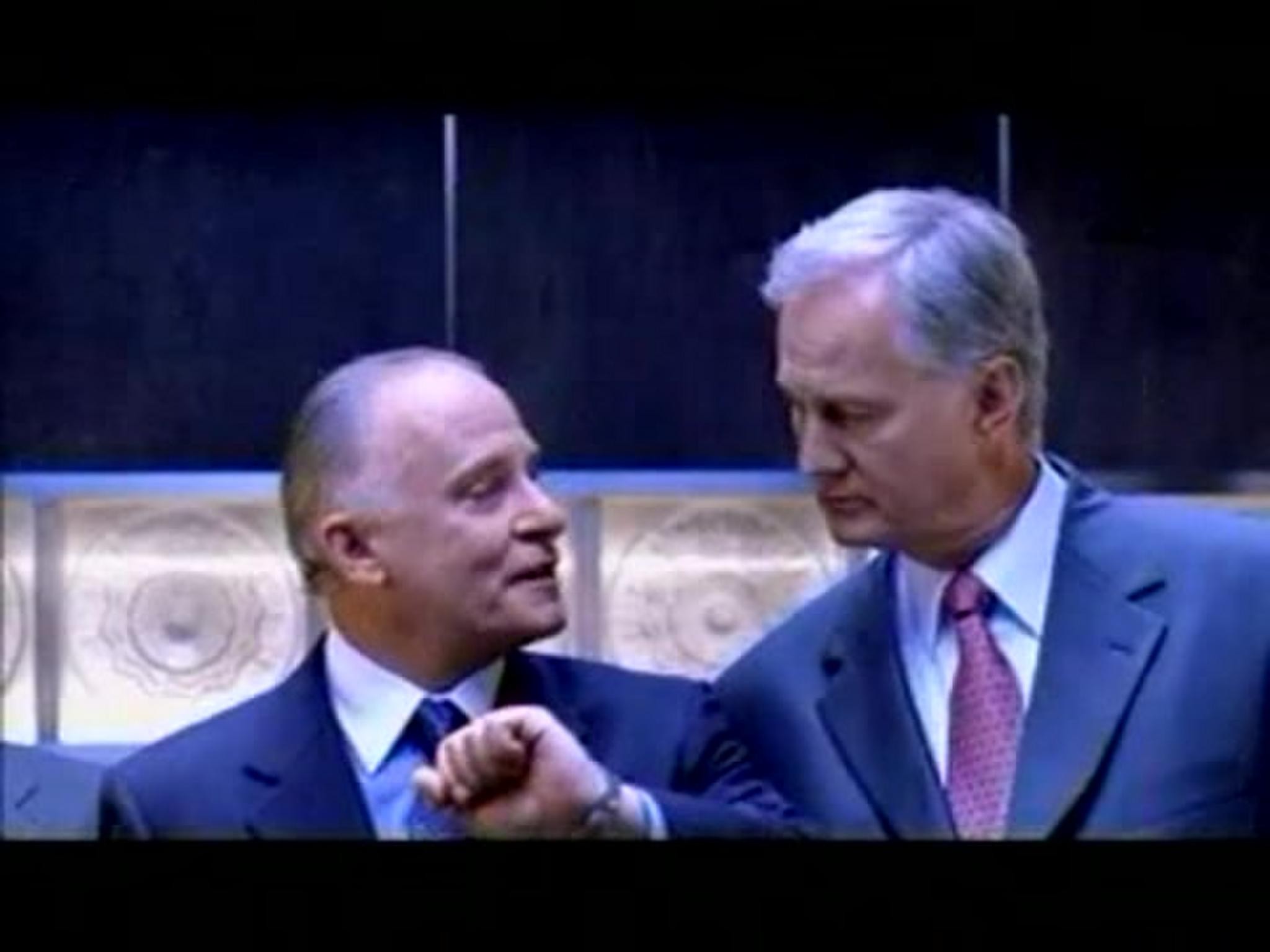Cannes Lions
The Team That Wouldn't Be Here
McCANN NEW YORK / VERIZON / 2019
Awards:












Overview
Entries
Credits
OVERVIEW
Background
Every single phone network in the United States says the same three words — ‘most reliable network’. Verizon, the company that invests more in network reliability than any other, needed to communicate its network strength in a way other companies couldn’t copy. The breakthrough came when we learned millions of first responders in the United States choose to rely on Verizon to connect their emergency calls. We cared about that insight. Our challenge became, how do we make America care about it?
Idea
Every year, the end of the NFL season follows the same script. Two teams compete on the field while hundreds of brands compete off it. Verizon rewrote the playbook by introducing a third team — The Team That Wouldn’t Be Here — a new NFL team of 11 current NFL players and a coach who wouldn’t be alive if first responders hadn’t received their emergency call. Our team had survived tornadoes, car accidents and childhood tragedies and gone on to become elite athletes because their calls for help were answered. Their raw and emotional stories of survival became a 12-part film series and half-hour documentary that launched on national TV and instantly took over football conversations around the country — when America was only meant to be talking about the two Super Bowl teams, for the first time, a third team was on everyone’s mind.
Strategy
Verizon abandoned the expected category strategy of competing over coverage data and industry awards. Instead, we looked for a truer demonstration of reliability. We found one when we learned millions of firefighters, paramedics and police officers rely on Verizon to connect their 911 emergency calls every day. We cared about that insight. Our challenge became, how do we make America care about it? We created The Team That Wouldn’t Be Here — a living, breathing example of the power Verizon’s network reliability. Each player, and the first responder who saved them, became a captivating testimonial for the strength of Verizon’s network. By launching the team two weeks out from the Super Bowl, we dominated pregame conversations and built anticipation for the series and its finale that aired during the Big Game and became the #1 viewed, searched, talked about on the day.
Execution
We didn’t cast a commercial. We cast a football team and began an exhaustive search for 12 survivors among 1700 NFL players. NFL coaches combed rosters while researchers combed archives for accident details and the first responders who saved our players’ 20+ year ago. Peter Berg, director of the iconic football film Friday Night Lights, captured each story and encouraged players to open up like only a fellow football fanatic could. A trailer for the 12-part film series launched at halftime during NFL playoffs while players interrupted their social media streams to reveal their most fragile moments. One week out, stories were combined into a half-hour documentary that premiered meters from the stadium and aired on CBS on national television. Finally, in front of millions, we aired the finale during the Super Bowl — a reunion 15 years in the making between our coach and firefighters who saved his life.
Outcome
By several measures, this is one of the most successful campaigns in Verizon history. Over a two-week campaign, 2.4 million+ hours of the series were streamed online and 426k people shared individual episodes. Total reach: 190MM — VZ Brand Tracker. The idea evolved beyond 12 NFL stars team with fans around America sharing their own deeply personal stories of survival on social. Our early launch strategy generated such anticipation before the Super Bowl that it became the #1 viewed, searched and talked about commercial—AdAge/iSpot/AdBlitz. No other brand dominated the conversation on the day like Verizon with a dominant share of voice of 14.2% of all online brand conversation—AdAge/iSpot. Verizon saw a 68% uplift in trust (the key brand metric, among exposed active shopper prospects) and 55% of exposed prospects felt compelled to switch — all with a campaign that didn’t feature a single cell phone or retail offer.
Similar Campaigns
12 items

